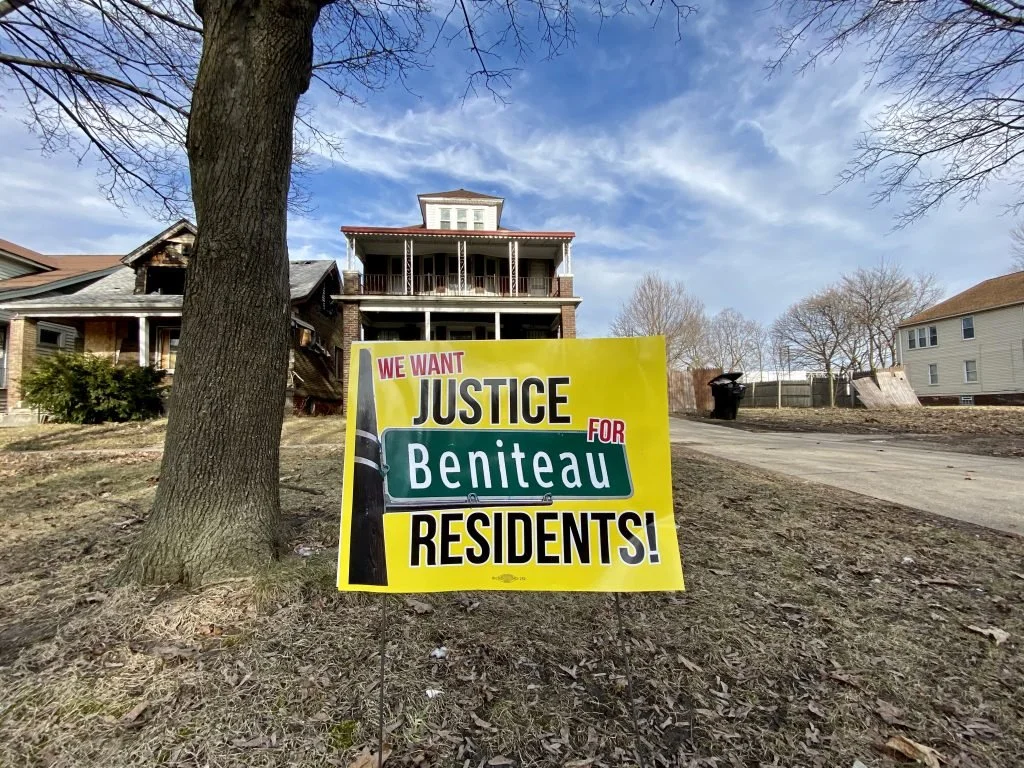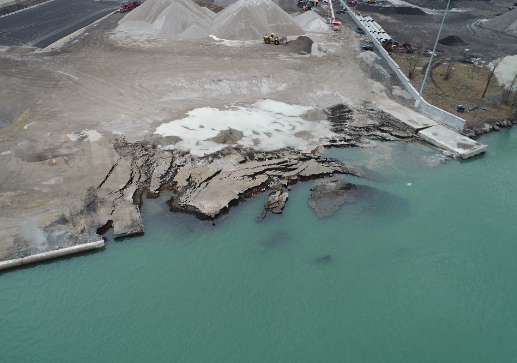Photo courtesy of Detroit People’s Platform
Residents living near the Stellantis complex on Detroit’s east side are not just sick and tired of it, they are quite literally sick and tired from it.
From developing symptoms that include chronic coughs, chest tightness, and headaches, to the near nightly sleep disturbances that come with an industrial facility expanding into their backyards, the effects have been significant and adverse.
The community residing near the complex is comprised nearly entirely of people of color. At the same time, signs of preexisting respiratory sensitivities in the area, including asthma rates, are among the highest in the state of Michigan. Still, the State of Michigan’s Department of Environment, Great Lakes, and Energy has issued numerous permits allowing for increases in the emissions of air pollutants by Stellantis. The company has also been allowed to offset some of those emissions by reductions at a plant in the Detroit suburb of Warren.
The Great Lakes Environmental Law Center, on behalf of five residents of Beniteau Street, formally filed a discrimination complaint regarding the issuance of these permits and the State’s unwillingness to adopt policies that would curb the cumulative impacts of pollution disproportionately impacting low-income communities of color across the state. Submitted to the US Environmental Protection Agency on Monday November 8, 2021, the complaint chronicles the experiences of numerous residents as they request a formal finding that the actions by the State were discriminatory in violation of Title VI of the 1964 Civil Rights Act.
The complaint can be read in full below.


